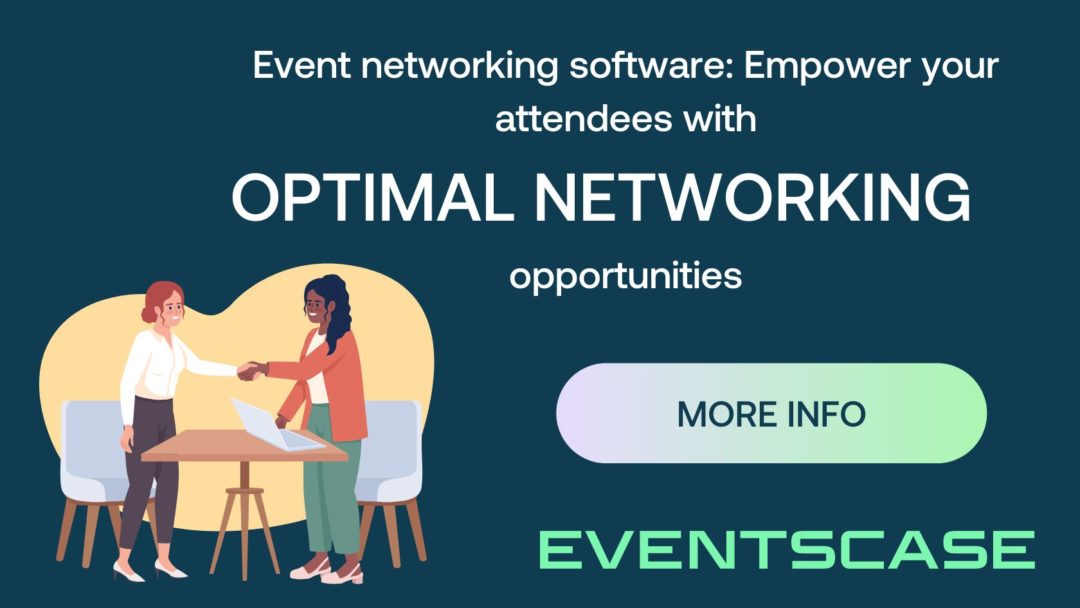As more conferences, expos and meetings shift online, ensuring data protection at virtual events has never been more vital. While virtual platforms offer convenience and reach, they also present unique challenges around handling personal data. From registration forms to live chat and analytics, hosts are often collecting more information than they realise—raising questions around compliance with data protection laws.
Understanding the Risks
Most events—especially virtual ones—rely on digital infrastructure to operate, and with that comes risk. Every interaction (sign-ups, polling, breakout sessions) generates data. This can include names, email addresses, job titles, IP addresses, and even facial images if video is involved. If not handled correctly, this information can be misused or exposed in a breach.
Insecure platforms, lack of encryption, or unclear data policies can leave participants vulnerable. Many organisers, especially smaller ones, still underestimate the importance of implementing adequate safeguards. The consequences? Loss of trust, reputational damage, and potential legal action.
Legal Frameworks and Responsibilities of Data Protection at Virtual Events
Across Europe, virtual event organisers must comply with the General Data Protection Regulation (GDPR), which governs how personal data is collected, processed, and stored. The GDPR applies to any organisation hosting events involving EU citizens, regardless of where the organiser is based. So, whether you’re in Berlin, Paris, or operating from outside the EU but targeting European attendees, GDPR compliance is essential.
If you’re hosting data protection events or collecting attendee information, you’re considered a data controller under the GDPR. This means you’re legally responsible for how that data is handled—from the point of collection to its final storage or deletion.
Here are key responsibilities for European event organisers:
- Lawful Basis: You need a clear legal basis for collecting data, such as consent or contractual necessity.
- Transparency: Attendees must be informed—usually via a privacy notice—about how their data will be used.
- Data Minimisation: Only collect the personal data that’s strictly necessary for your event’s operation.
- Security: You must implement robust measures (like encryption and access control) to protect attendee information.
- Data Subject Rights: Participants have the right to access, correct, or request the deletion of their data.

Failure to follow these rules can result in significant fines and reputational damage. The data protection laws’ impact on events in Europe continues to expand, especially as regulators focus more on digital experiences.
This legal responsibility can feel overwhelming, but it’s non-negotiable. As the data protection laws’ impact on events continues to grow, failing to comply isn’t just risky—it’s negligent.
You may be interested → Data Security for Virtual & Hybrid Events
Solutions and Best Practices
So, how can organisers keep data protection at events robust without compromising user experience? It starts with planning.
- Choose Secure Platforms: Use event management software that’s GDPR-compliant and transparent about how it handles data.
- Update Privacy Policies: Make sure your event-specific policy is easy to understand and clearly explains how data will be used.
- Train Your Team: Anyone handling attendee data should understand the basics of the Data Protection Act for events and how it applies in practice.
- Limit Access: Only give team members access to data that’s essential for their role.
- Monitor and Audit: Regularly review your data practices to identify any risks or gaps.
If you’re hosting a data protection event specifically, you should lead by example. Demonstrate the highest standards of compliance, and ensure every part of your event (from sign-up to post-event surveys) follows best practices.

Future-Proofing Your Events
With hybrid and online formats here to stay, data protection events are not just a passing concern—they’re the foundation of long-term success. Attendees are becoming more aware of their rights, and regulators are more active than ever.
By investing in secure technologies, educating your team, and staying updated on legal changes, you don’t just avoid penalties… you build trust. And in the events industry, trust is everything.
Wrapping Up
Whether you’re planning a trade show, a webinar, or a virtual roundtable, data protection events must be central to your strategy. Understanding the risks, complying with the law, and adopting best practices aren’t just boxes to tick—they’re key to delivering a seamless, respectful, and legally sound experience.
Data protection laws for events aren’t there to make your life harder—they are there to help you protect your attendees and your brand.
If you would like to subscribe to our newsletter to get live updates on everything related to our platform – news, blogs, events, announcements and much more, please, register here.






